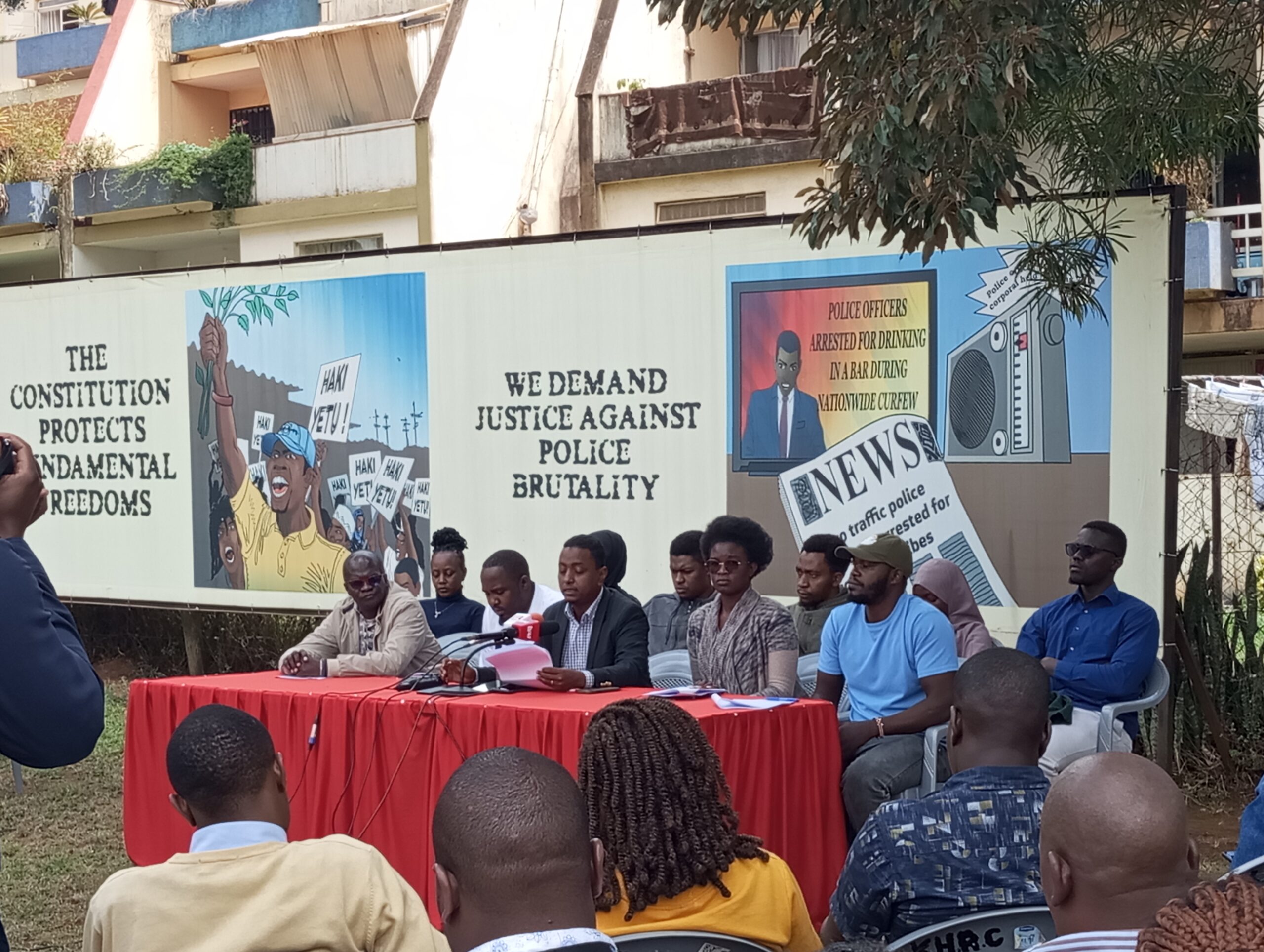By Lenah Bosibori
Nairobi, Kenya: A group of 10 human rights organizations has called on the government to halt the rollout of the Maisha Number, Unique Personal Identifier (UPI) citing a lack of public participation and proper legislation.
Speaking on Thursday in Nairobi, the group said that they had written to the government to take immediate action to ensure the enactment of proper legislation, meaningful public participation, access to critical documentation (birth certificates and ID cards) for all Kenyans, and adequate data protection measures.
“Steps needed for identification system upgrade and reforms have been glaringly lacking in this new introduction of Maisha Number, wider broad-based engagements with the public, civil society, and other stakeholders have been non-existent, and to that end, the current efforts of the government to develop digital ID are cascading towards the pitfalls that stalled Huduma Number,” read part of the statement.
The new unique number dubbed ‘Maisha Number’ is slated to be launched on September 29 after the National Steering Committee for Digital Identity approved the proposals made by the National Digital Identity Technical Committee to have a National Digital ID implemented.
The 10 organizations opposing the rollout include; the Nubian Rights Forum, Namati Kenya, Centre for Minority Development, Kenya Human Rights Commission Defenders Coalition, Access Now, Katiba Institute, Haki Na Sheria Initiative, ARTICLE 19 Eastern Africa, and Pastoralists Rights and Advocacy Network.

“We reinforce that the opaque rollout, lack of public engagements, and a lack of proper procedural and legal safeguards associated with the Unique Personal Identifier/Maisha Number rollout would wreak havoc on the ways citizens access nationality documents,” read the statement.
The groups cite that they have experienced firsthand the harms of digital identity systems in their communities where it has locked out people who struggle with documentation, denied citizens services, excessively collected personal data impeded fundamental freedoms.
On 14 August 2023, the government of Kenya and the United Nations Development Program (UNDP) signed a memorandum of Understanding (MOU) that effectively set the stage for the rollout of digital identity in Kenya.
“There has not been a single public participation forum or other channel created to solicit input and feedback from the Kenyan public, no data protection assessment has been made public, no public awareness has been conducted and no safeguards have been put in place to ensure Kenyans who have struggled to obtain documentation can acquire a UPI or related government services,” read the statement.
The group called on the government to enact a legal framework, conduct meaningful nationwide public participation in the proposed legal framework, abolish ID vetting for all Kenyans, and implement affirmative action measures to issue documents to all persons who have been excluded or been unable to obtain the same.
They also urged the government to ensure all Kenyans have access to documentation(birth certificates and ID cards) before moving forward with digitalization and conduct a robust Data Protection Assessment and Human Rights Impact Assessment of the system that is made public for scrutiny.
It also reiterated that the inclusion of civil society and members of the public, including minorities and marginalized communities in line with article 56 of the constitution of Kenya, 2010, and finally to allow for a transition period to any rollout to ensure time for the above step, improve infrastructure such as electricity and internet nationwide and any other needs identified by the Kenyan public.














